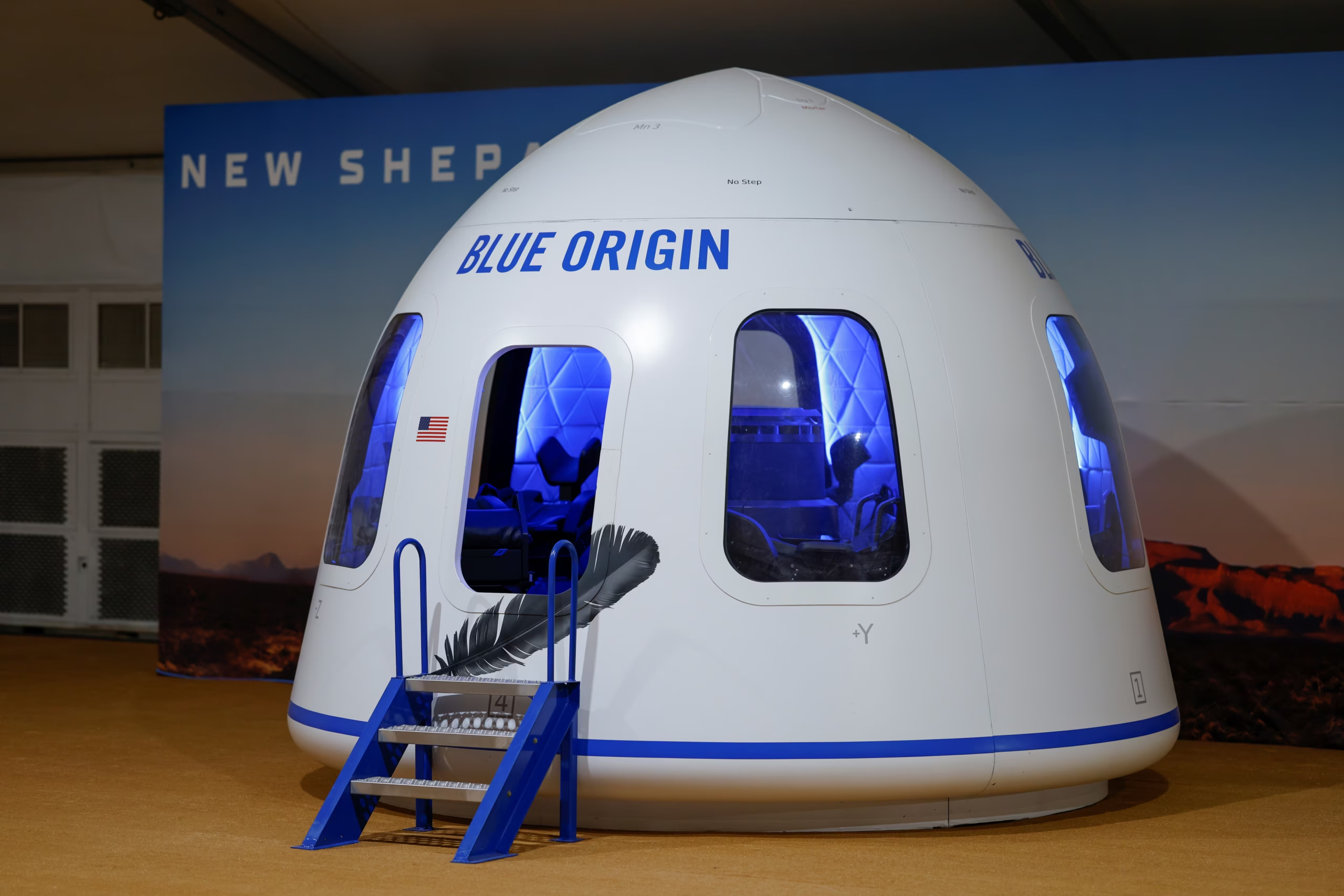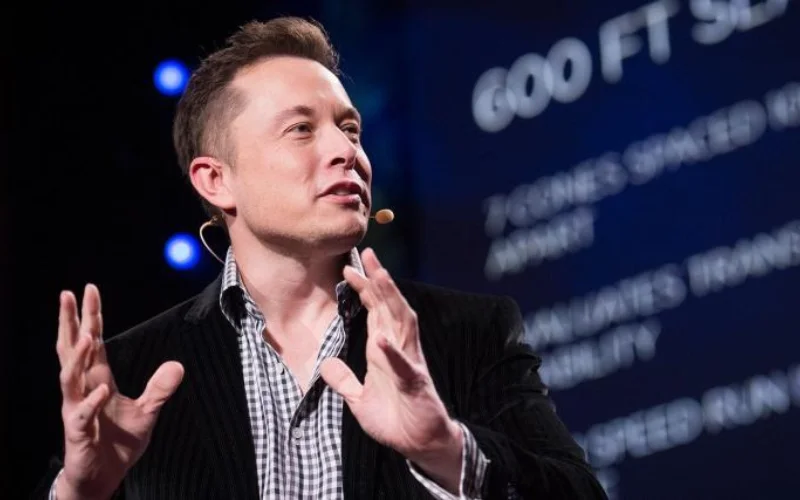The Federal Aviation Administration (FAA) has granted Blue Origin a commercial space launch license for its New Glenn rocket, marking a significant step for Jeff Bezos’ space venture. The reusable rocket is now approved for orbital missions from Cape Canaveral Space Force Station in Florida, with its first stage designed to land on a barge in the Atlantic Ocean.
Entry Into National Security Missions
Blue Origin joins the competitive arena of national security space missions, alongside SpaceX and United Launch Alliance (ULA)—a Boeing-Lockheed joint venture. The U.S. Department of Defense included the company in its $5.6 billion program announced in June, a long-term effort to bolster national security through advanced space technology.
The New Glenn’s debut will be a certification mission required by the U.S. Space Force before it can launch national security satellites.
Adjustments to Initial Launch Plans
Initially slated to launch a pair of NASA spacecraft to Mars by late October, delays in New Glenn’s development forced NASA to assign the mission to another rocket. Instead, Blue Origin’s debut flight will focus on technology related to its Blue Ring program, offering maneuverable spacecraft tailored for Pentagon operations.
Challenges and Rivalry with SpaceX
Blue Origin’s entry comes amid SpaceX’s dominance in the commercial launch industry with its reusable Falcon 9 rocket and the development of its fully reusable Starship. Notably, Starship’s first-stage booster achieved a milestone in October, successfully returning to its Texas launch pad from the edge of space.
Despite these advancements, Blue Origin has faced challenges bringing New Glenn to market. To accelerate progress, the company appointed Amazon veteran Dave Limp in December 2023 to oversee rocket development.
Looking Ahead
The FAA’s five-year license represents a critical opportunity for Blue Origin to prove itself in both commercial and national security sectors. As the company prepares for New Glenn’s long-awaited debut, its success will shape its competitive standing against established players like SpaceX and ULA.



